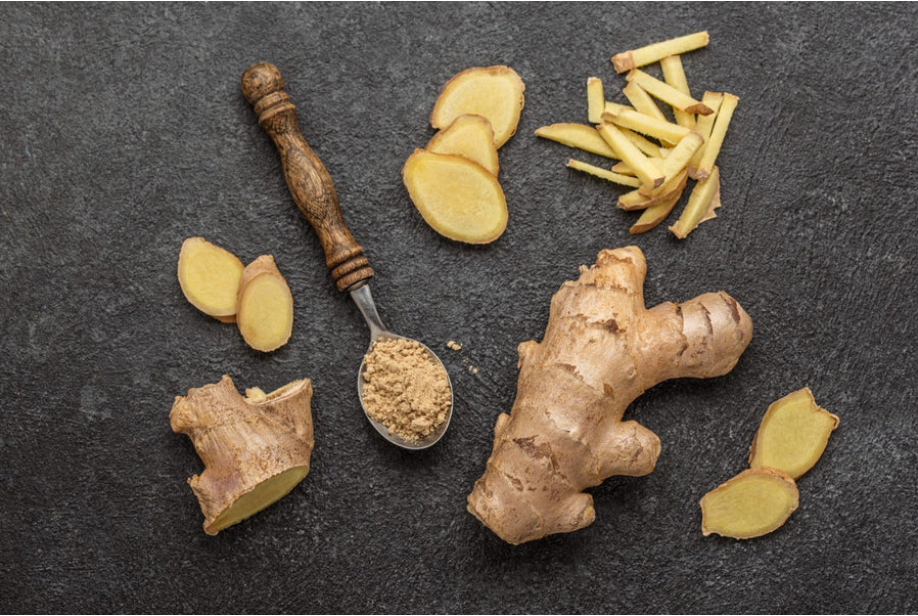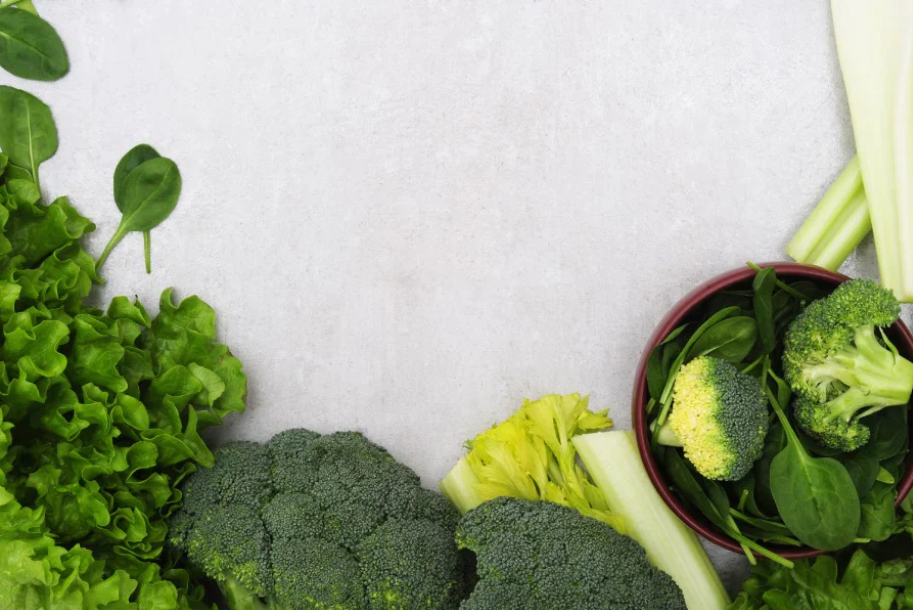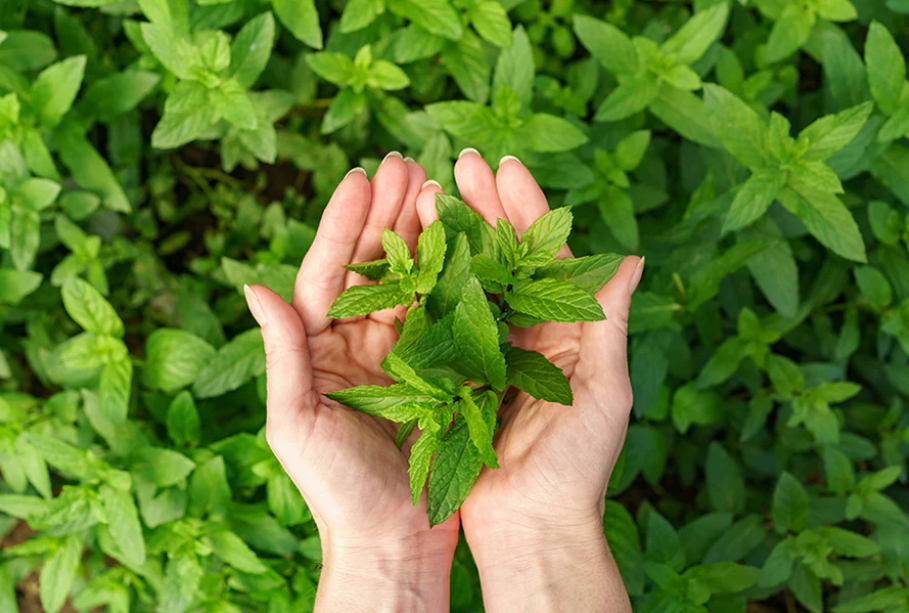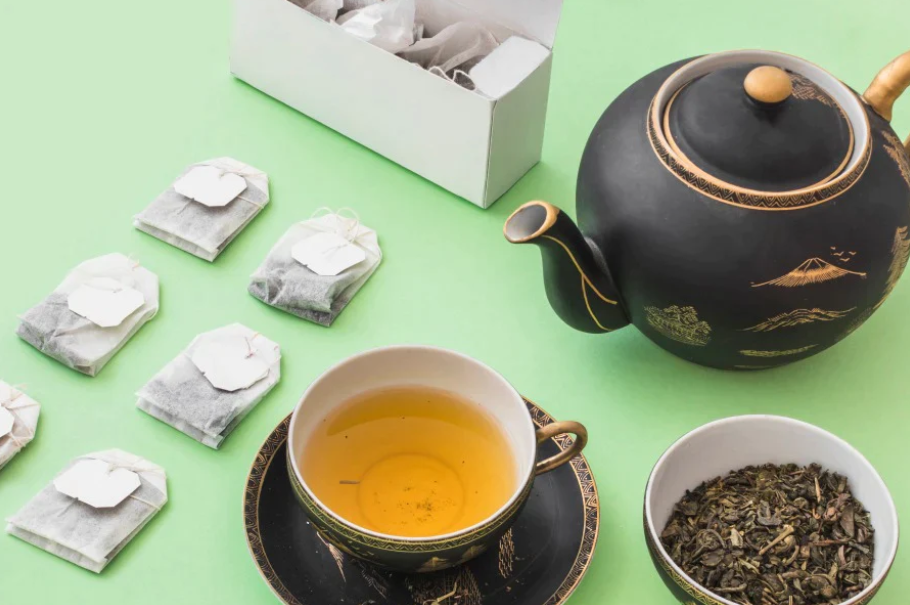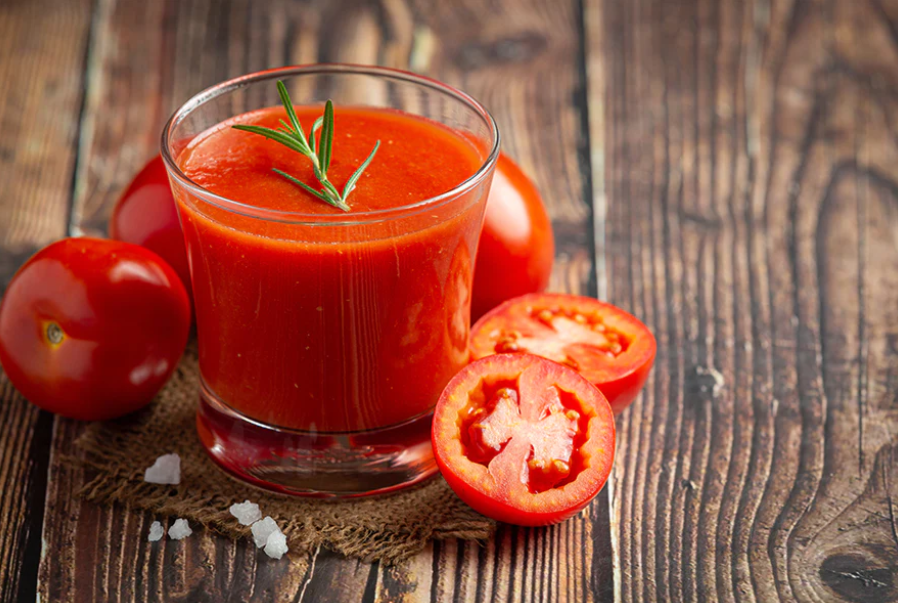Are you a morning shower enthusiast? Are you a fan of a hot, steamy bath? Hot water showers are therapeutic, but did you know that cold showers can also have their benefits?
The health benefits of cold showers include the relief of skin irritations and improved blood circulation. Which one is better? This article provides a complete overview of hot and cold showers.
What are the Benefits of Cold Showers?
There are many benefits to cold showers. Cold showers offer many benefits, unless you’re ill or have been advised by a doctor to avoid them. Let’s take a look at a few:
Muscle Relaxation and Improvement of Circulation
After a hard workout, a cold shower can help relax the muscles. This helps reduce discomfort and improves blood flow to the areas that have been treated. They are well-known for their ability decrease inflammation and dull pain.
May aid in weight loss
Certain fat cells, especially those located around the neck or shoulders, produce heat by burning fat. This is especially true when the body is exposed to cold stimuli such as cold water. This could help weight loss.
Protect Your Hair and Skin
The natural oils in your hair and skin are not affected by cold water. The skin will tighten when cold water blocks the pores. It is gentler on hair and helps keep it from falling out.
Improved Circulation
Cold showers can help lower inflammation and prevent cardiovascular disease. They cause blood to circulate faster through the body, which helps to maintain the right body temperature.
Itches Skin Can Be Soothed
A cold shower can help reduce itching caused by eczema.
Increased alertness and energy
You feel awakened by the cold water from the shower. This shock increases your heart rate, oxygen intake, and makes you feel more alert and energized.
What are the Benefits of a Hot Bath?
Hot showers can help you unwind after a long day. These are just a few of the many benefits:
Relief for Respiratory Symptoms
The ancient remedy for coughs and colds is to expose the nose to steam. Steam and heat from a hot shower loosen mucus and expand the airways. This clears your nasal tube.
Improved Muscle and Joint Health
Hot shower relaxes your nerves and muscles. The benefits of hot water include increased blood circulation and less stiffness in joints like the knees and ankles.
Better Sleep
Hot baths help to relax muscles and relieve tension. This makes you feel tired and allows you to fall asleep faster. You just need to make sure the water isn’t too hot.
Reduces blemishes
Congested pores can be opened by the steam and heat of a hot shower. You can then exfoliate your skin to remove oil and debris, reduce blemishes, and blackheads.
The Advice of Dermatologists on How to Take a Shower
Shower at least once per day in the summer and twice daily during the winter. You should shower for no more than five minutes, especially if you have skin issues. Exercising too often can cause dry skin and hair. Avoid harsh cleansers and soaps, and opt for moisturizing products.
Focus on your feet, groyne and underarms for a quick shower. Sometimes, just washing your arms and legs can suffice. You don’t need to use hot or cold water if you aren’t comfortable using it.
Avoid washing your hair too often. Twice per week is sufficient. Use products that are specifically designed to take care of hair. It is important to wash your hair regularly, as this can cause dandruff.
Start at the top by washing your hair, then apply conditioner to the rest of your body. Remove the conditioner if you have severe acne.
Which is more beneficial to your health, a hot or cold shower?
Both cold and hot showers offer advantages. First, shower with lukewarm and then moisturise your body with a moisturiser while it is still damp. While cold showers can soothe itchy skin, hot showers can relax muscles and clean the nasal canal.
Depending on your health and the weather, you might choose one over the other. If you are suffering from a fever or have a cold, avoid taking a cold bath in winter. If you don’t like cold showers, ensure that the water temperature is at least lukewarm.
What is the best time to take a hot or cold shower?
After intense exercise, cold showers are a great option. They can be taken as soon you wake up and as soon after you return from work to clean out any debris and filth.
In humid conditions, a shower with cold or lukewarm water in summer can help you feel less sticky.
A hot shower is most effective when it is taken at least an hour before you go to bed, and especially when you are sick. Hot showers are recommended after a massage to allow oils to penetrate the skin.
Potential Hazards
There are risks even when you shower. If you wash your hair with cold water, then dry it in the sun, you are more likely to get a headache. A hot shower can increase blood pressure if you have already high blood pressure.
Hot Showers can have negative effects
- The skin may dry out if you take a hot bath. The keratin cells in the skin’s top layer are destroyed when you get into contact with extremely hot water. Dryness results when moisture isn’t trapped in your skin.
- Hot baths can also worsen skin conditions such as eczema. Excessively hot water can cause skin to dry out, leading to excessive drying. It can happen even if you don’t have any skin diseases.
- You should not use hot water to shower if you have high blood pressure or are suffering from cardiovascular disease.
- Hot water can dry hair and strip it of its natural oils. This could make it frizzy. The same goes for the skin. Too hot water can dry it out and cause it to become dry and itchy.
Cold water can have negative effects
Cold showers can make you feel sicker, as they can suppress your immune system. If you have a fever, cold, or a cough, your body will feel colder.
Take Away
You shouldn’t take too much heat in a cold or hot shower. It will dry your skin. Avoid hot showers if you have a heart condition. You should choose your shower items carefully. Each item has its advantages and disadvantages. The best way to get the best results is to choose the right one.
References:
- The Hidden Health Benefits of Swimming
- A Mooventhan, L Nivethitha May 2014, Scientific Evidence Based Effects of Hydrotherapy On Various Systems of the Body




